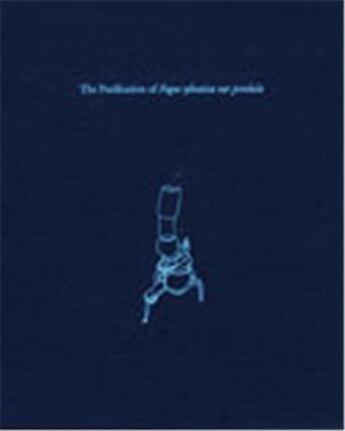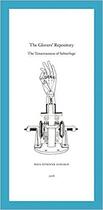Résumé:
The Purification of Fagus Sylvatica Var Pendula is emblematic of Paul Etienne Lincoln's inquiry into the origin and production of memory--and our ethereal relationship to that intangible evidence of our consciousness. In this pursuit Lincoln has employed diverse forms and themes, ranging from... Voir plus
The Purification of Fagus Sylvatica Var Pendula is emblematic of Paul Etienne Lincoln's inquiry into the origin and production of memory--and our ethereal relationship to that intangible evidence of our consciousness. In this pursuit Lincoln has employed diverse forms and themes, ranging from examination of historical figures to detailing anything from New York City infrastructure to «household» machines that dispense gin-and-tonics (mixed at varying strengths). Comprised of photographs, diagrams and text, The Purification records the series of experiments and performances which detail the afterlife of a specimen of local vegetation. The book begins: «Situated at the perimeter of Weeping Beach Tree Park in Queens, New York, was a small pavilion looking on to a stump of the oldest Weeping Beach in America. In 1847 Samuel Bowne Parsons, a Quaker and a nurseryman, purchased a shoot of Weeping Beach, Fagus sylvatica var pendula, in Belgium while traveling in search of unusual plants. On his return to the United States he planted the shoot at the site of the stump, then part of Parson's Nurseries. Every Weeping Beech in America is descended from this one tree. Regrettably, the stump is all that remains, as shortly after this venerable tree's 150th anniversary in 1997 it died and was cut down. The tree had, however spawned seven progeny, which still grow in a circle around the original beech.» Over the past two decades, Lincoln has committed himself to creating complex installations, recordings and documentation on a wide range of subject matter. The Purification follows Lincoln's investigation of the Weeping Beech as a way of detailing the process of examination and history writing which is ever shifting and defining the world around us.
Donner votre avis















